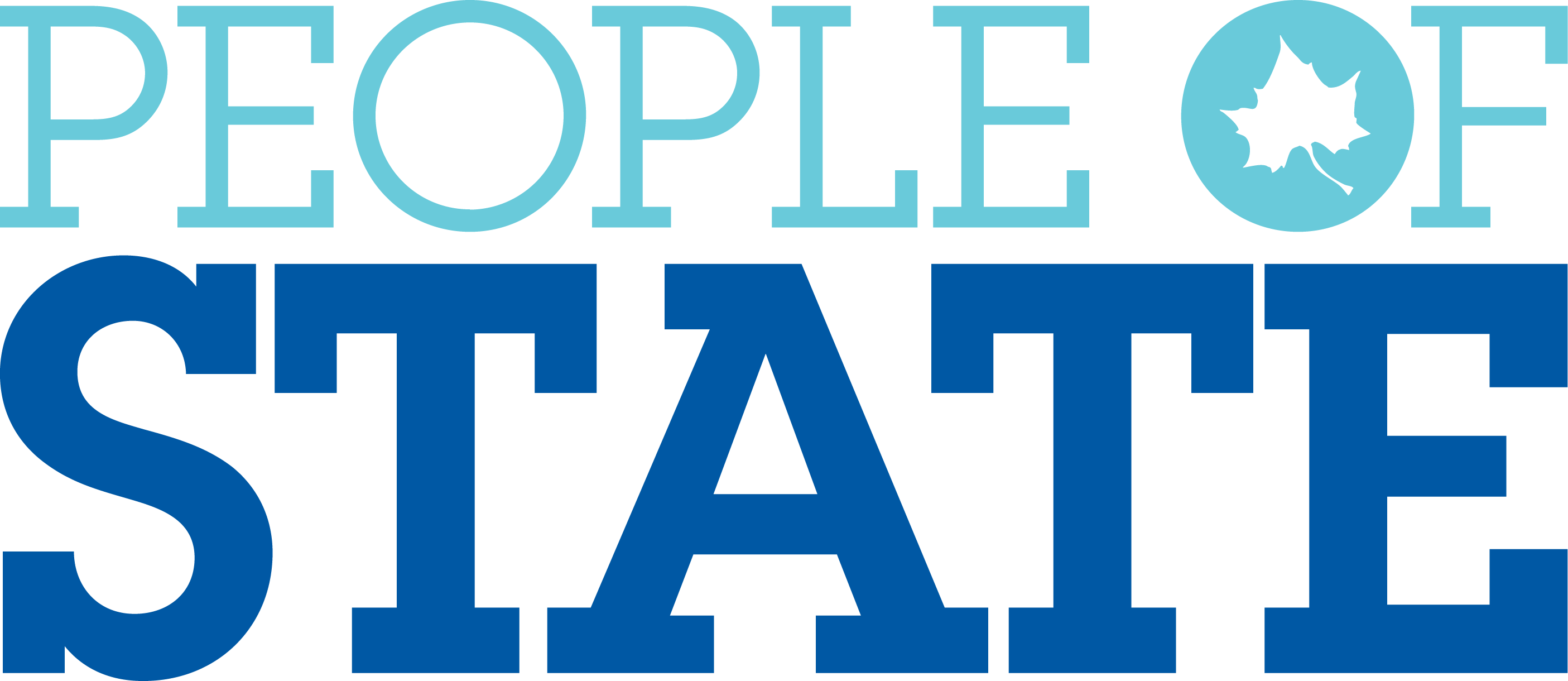
How to Pick a Career without a Passion
By University Marketing
Aug 29, 2019
Everyone keeps telling me to follow my passion, but I don’t really have one. How do I pick my future career?
If you’re anything like me, the question “What do you want to be when you grow up?” is one of the most stressful things someone can ask you. They think it should be simple. It seems like everyone should have a dream of how they want to spend the rest of their lives, but it is more complicated than that. Over the years, I changed my answer to that question over and over again, eventually resorting to ridiculous answers such as “I want to be a squirrel when I grow up,” because they caused less anxiety than admitting I had no idea.
Everyone offers to help. “Follow your passion,” they say. “Do something you love so much that you can’t wait to go to work on Monday morning.” This advice is easier said than done. What if you’ve been so busy rushing from school to work to extracurricular activities that you’ve never really had a chance to consider what you’re passionate about? What if you think a job sounds interesting, but you’re worried you won’t enjoy it as much as you hope?
I’ve been told not to worry. Although college students need to declare what major, we are in no way committing ourselves without a hope of change. People choose to change their career completely every single day. Ask any adult if they are doing what they thought they would do at eighteen, and chances are, 98% will say that they never pictured themselves in their current positions. A teacher once told me that my generation will probably hold five to seven jobs during our lifetimes, but the last three may not have even been invented yet. It’s very hard to be passionate about something that doesn’t exist yet.
In the meantime, while you are waiting for your perfect career to be invented, you can take some steps to find your “passion” or something you can envision doing for the rest of your working life. For many students, college is the first chance to explore. For the first time, you won’t be taking the exact same classes as your friends, and you might experience people from vastly different backgrounds than yourself for the first time.
Take advantage of the opportunities that surround you. Join clubs and extracurricular activities. You might join simply because the organization sounds fun or because your friends are also joining, but you never know when you might discover your “passion.” Don’t be afraid to try something new.
Talk to your professors. They might be able to connect you with someone in their field who would be willing to let you job shadow their industry. Professors and professionals may see potential in you that you don’t see in yourself. Your knowledge of the world is limited to what you have experienced; don’t be afraid to ask others to share their experiences with you.
If location is a bigger priority for you than the work itself, see what opportunities are abundant in that locale. If it’s always been your dream to live in Southern California, looking into careers in the tech industry might serve you well. If Orlando is where the magic lies for you, you might want to consider a career in the fields of hospitality or tourism. Maybe you don’t care where you live as long as you have the ability to have flexible hours or work from home. Research companies that make your goals possible, and align your career with the company’s mission.
Most importantly, however, resist feeling pressure from those around you. Don’t feel pressured into conforming to someone else’s timeline. Some people are practically born knowing their passions, and others may never truly feel passionate about any one career. It doesn’t make you an apathetic person. It just means that you may need a little more time before you can answer the question, “What do you want to be when you grow up?”.
This special interest piece was written by Kimmie Collins, Communication major, Indiana State University.

